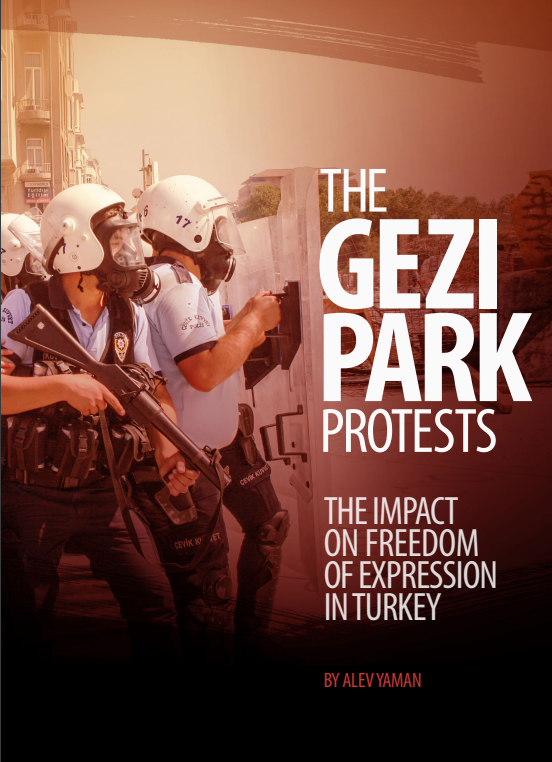Turkey: The Gezi Park Protests
When a small group of environmental campaigners began a sit-in in Gezi Park, Istanbul, last May, few could have predicted that their protest against the construction of a shopping mall would escalate into an unprecedented demonstration against the state. The authoritarian manner in which the ruling party enforced its plans for the park – from the lack of public consultation to the draconian tactics of the police – triggered a nationwide response.
By the end of July, according to official government estimates, 3,545,000 people across 80 of Turkey’s 81 provinces1 had taken to the streets in solidarity with the Gezi Park protesters. The protests encapsulated the tension between the conservative mainstream and a wide variety of disenfranchised groups in Turkey in the battle over public space, the struggle of minority groups to express their identities and the resistance to the growing authoritarianism of the democratically elected Justice and Development Party (AKP) government. The excessive use of police force, as well as widespread media censorship and reprisals against journalists and users of social media, starkly illustrated the shortcomings of Turkish democracy in its lack of pluralism and disregard for fundamental rights and freedoms. In this report, PEN assesses the violations of the right to freedom of expression and to freedom of assembly.
PEN has a long history of supporting writers at risk and campaigning for the protection of freedom of speech in Turkey. The intense and exceptional nature of the protests, the response of the authorities and the media, and the lack of an overarching official inquiry into police violence offer a unique opportunity to examine the threats to freedom of expression and the need for reform.

